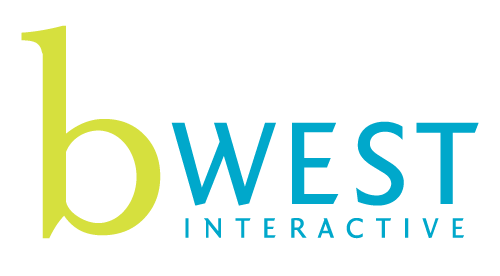Following is a true story. I have changed the names to ‘protect the innocent’ as Sgt Joe Friday would say. Anyone else remember Joe Friday?
We recently had a long-standing client sell their retail business after 14 successful years serving the local Victoria BC community. We’ll call him ‘Jim’ for this article to ‘protect the innocent.’
Jim contacted us to let us know that he was preparing to sell the business and retire. He and his wife planned to do some travelling and enjoy the fruits of having built a secure and prosperous brand over many years.
We soon discovered that Jim was already pretty far along in the sales process. He had a buyer and was just finalizing the details of the sale with the lawyers. We had been on retainer with Jim’s business for four years providing a host of online marketing services including website design, maintenance, content marketing, search engine optimization and online advertising.
Jim informed us that as of a specific date the sale would be final. He offered to introduce us to the new owner and asked that we halt all marketing activities, on his behalf, on the date of sale.
To our surprise, we discovered that many valuable assets were not discussed or included in the negotiations of the sale of the business.
Jim’s 14-year old business had:
- A beautiful website that was redesigned by us just two years earlier and attracted more than 1,200 local visitors on a monthly basis
- A long-standing domain name with substantial domain authority (great SEO bones) and tons of backlinks
- A Google Analytics account fully tricked out with filters, conversion goals, event tracking, search console and five years worth of valuable data
- A Google Business page
- Lots of page one Google ranked keywords and landing pages
- An online lead generation system that produced more than 10 leads a month
- A Google Advertising account with high converting campaigns in place (we had them all on pause)
- A Facebook Business Manager account with established top converting campaigns (we had them all on pause)
- An active social media presence including Facebook, Twitter, and Instagram with more than 10,000 followers combined
- A robust LinkedIn business page and personal profile with over 1,000 contacts (yes, I get that the personal profile is ‘personal’ and sticks with the owner, but there are ways to leverage that to announce the change in ownership)
- Excellent reviews on many review sites including Google, Yelp, and Facebook
- An email marketing system with more than 600 subscribers
- A stable of valuable content (hundreds of great articles)
- Relationships with key online influencers in the industry
- Relationships with critical media in the industry
Digital Assets are valuable
All of this took Jim (and us) years of hard work to establish and grow, and, in our estimation, would be worth at least $15,000 – $20,000 to the business. The businesses’ strong online presence should have been added to the list of assets when selling the company – or at the very least used as leverage in the sale negotiations.
When we started working with the new owner (we’ll call her Sally), we discovered that Sally was unaware of anything except the website. None of the other resources had been discussed. To make matters worse, the seller did not provide Sally with logins or access information for any of the above. Luckily we had most of it, and we were able to hit the ground running once she was ready to start marketing again.
What to ask to ensure your world-cruise
If you are planning to either buy or sell a business you need to look beyond the obvious bricks and mortar to ensure you have a real understanding of the ‘marketing’ assets.
If you’re the buyer start by ‘Googling’ the business name and see what comes up. Hopefully, there’s a website, some social media accounts, a Google Business page, reviews, and more. Make a list of everything you find and ask the business owners the following questions:
- How old is the domain name
- How old is the website
- Is there Google analytics tracking
- How much traffic does the site get
- How many social media accounts are there
- How extensive is their social network
- What are the online reviews like
- Are there any current unresolved customer issues
- Do they have an email marketing program
- How many subscribers do they have
- Is the domain whitelisted? Is it blacklisted?
If you are the seller, you should know the answers to all of these questions and provide that information as part of the due diligence package. Make sure to assign a dollar figure to each asset.
The results could mean the difference between a 2-week retirement trip to Mexico or a 12-week cruise around the world.




